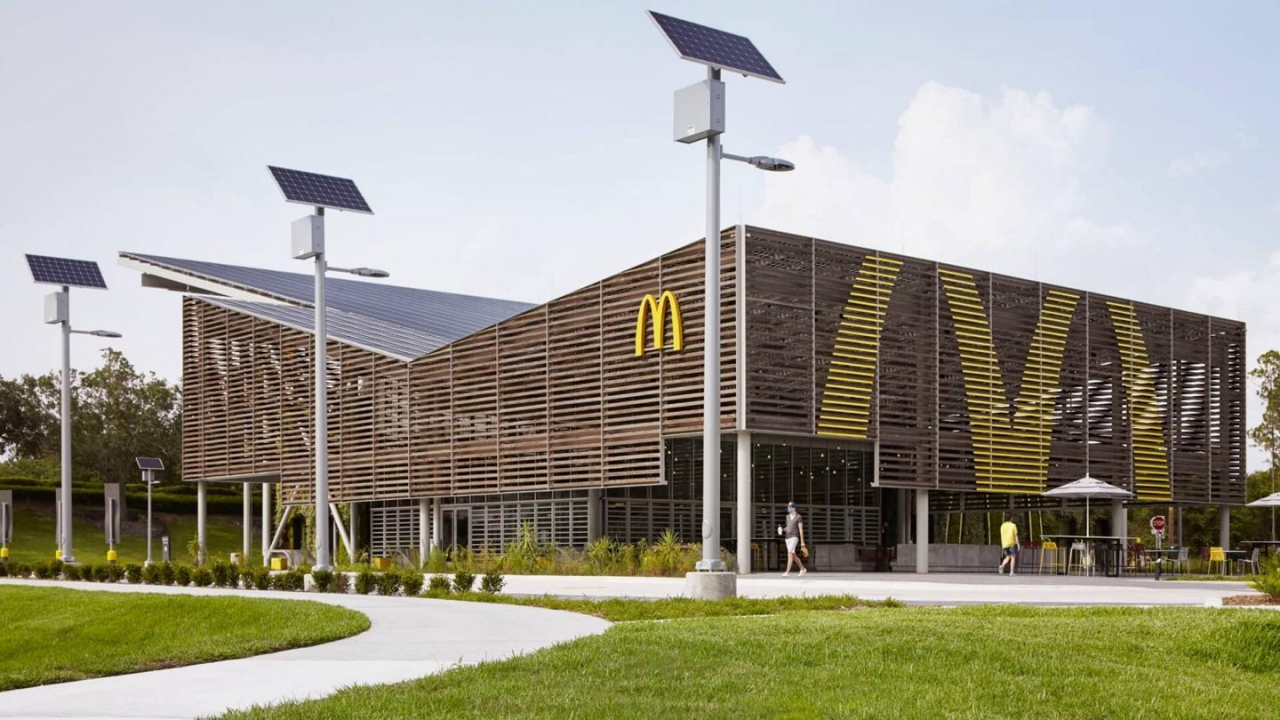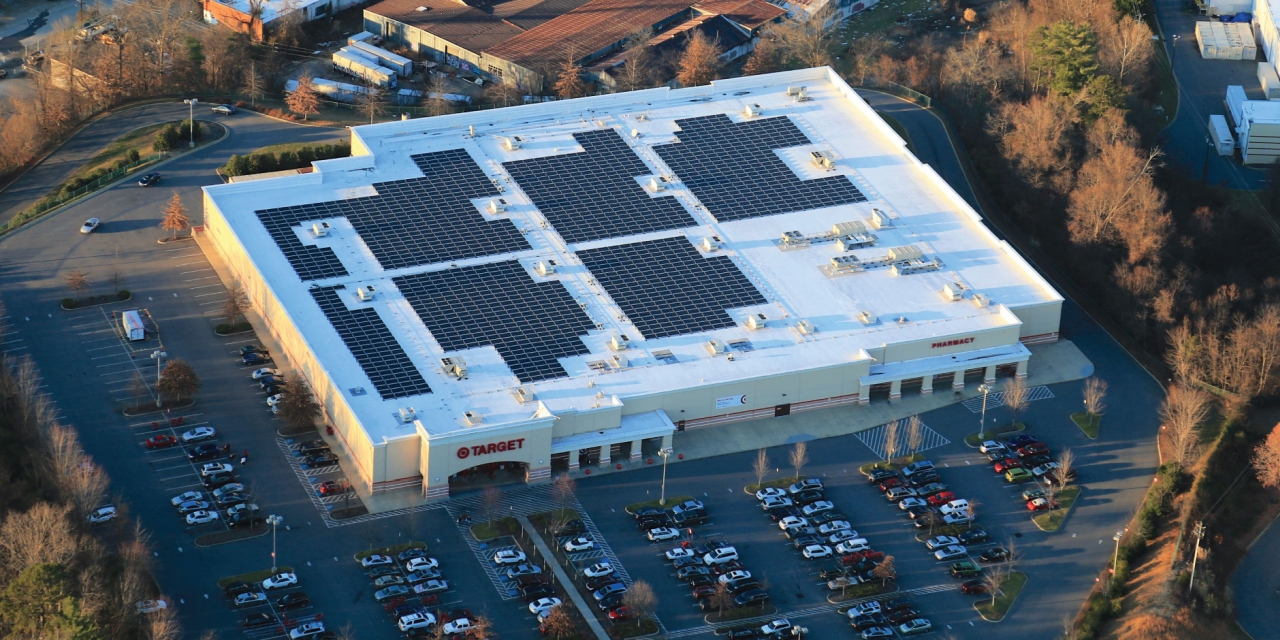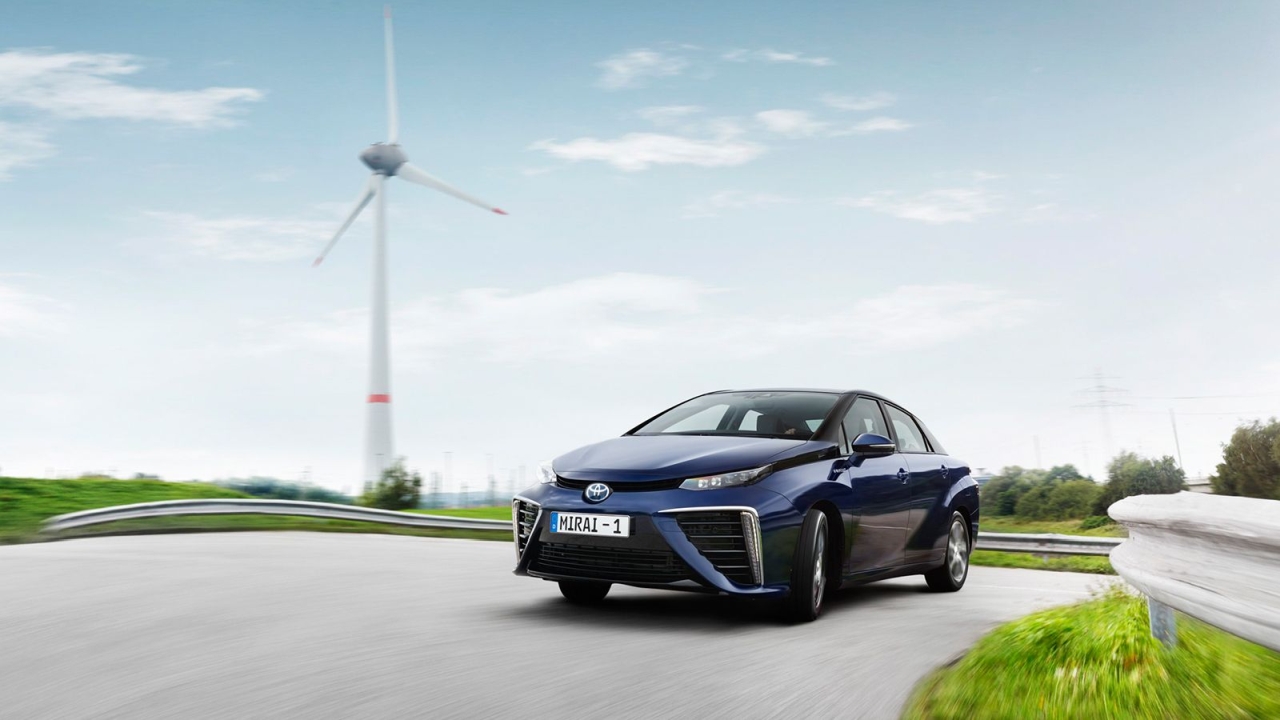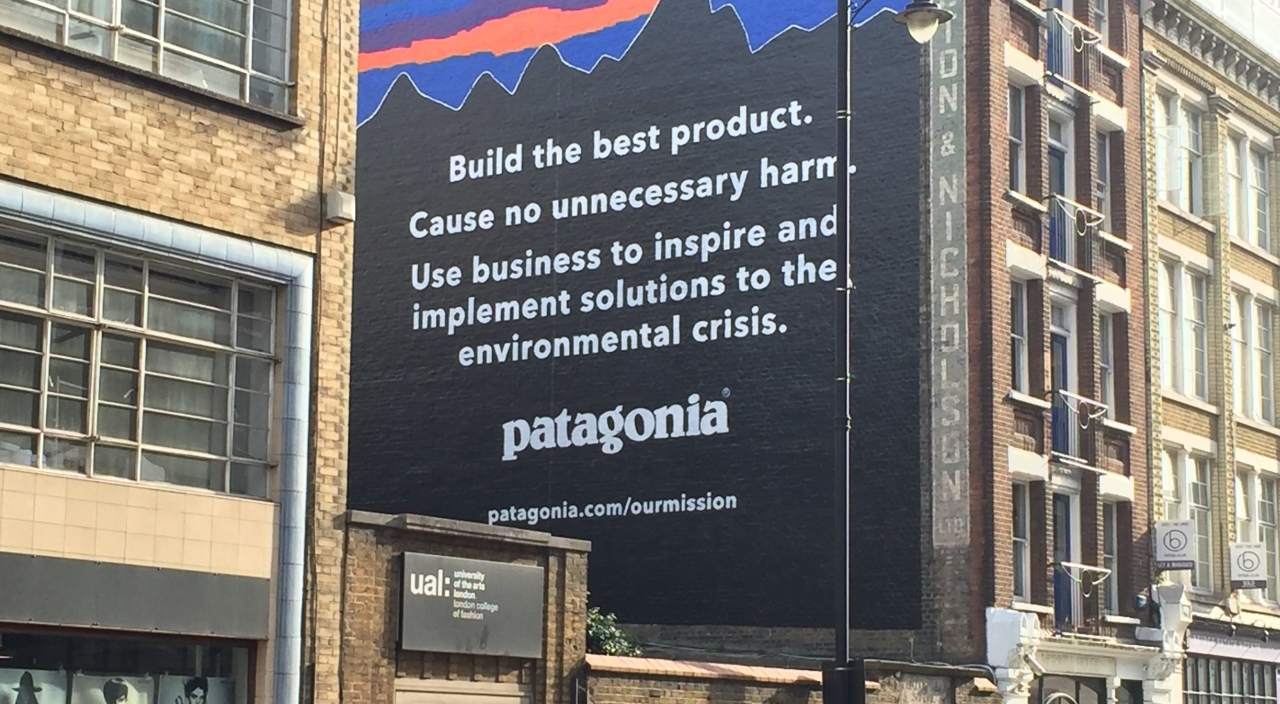Top American Companies Lessening Their Carbon Footprint
Hollow promises or an actual wave of change?
The idea of living sustainably has gained immense popularity in recent years, but whether people grasp the complexity of the idea is a topic for debate. Numerous brands are working to lessen their carbon emissions and make their products eco-friendly with promises to help the planet. Whether under pressure or desire, these big American companies are closely assessing their environmental footprints and going green.
However, some of these companies are making quick strides toward the goal of limiting global warming than the rest. With customers becoming increasingly interested in buying sustainably manufactured with minimum impact on the environment, here are the top American companies that are going green by exploring new and innovative methods of integrating sustainable practices.
American Companies Going Green
While several big brands have failed to accomplish sustainability and circular economy within their manufacturing and supply chains, numerous have succeeded, even though with tiny baby steps, in implementing an eco-friendly work structure to save the environment from waste and emissions. Read on to know the top brands in the US going green.
McDonald’s Reduces Wasteful Practices
McDonald’s has long been a target of attack from environmental groups and economists for its wasteful business practices and environmental negligence. All that changed back in January 2022, when McDonald’s announced that it was going green. In 2021, the fast food brand pledged to achieve net zero emission by 2050 and joined the United Nations Race to Zero Campaign.
Francesca DeBiase, McDonald’s sustainability officer, said;
Our customers have told us that packaging waste is the top environmental issue they would like us to address. Our ambition is to make changes our customers want and to use less packaging, sourced responsibly and designed to be taken care of after use.
Since that time, McDonald’s has gone green in a variety of ways including adding more recycle bins to its store, changing its packaging in 60 percent of its stores, purchasing sustainable beef, and plans to eliminate foam packaging from all its locations. All of this is part of a plan to go entirely green by 2025.

Image: McDonald’s
McDonald’s is one of the several American corporations that are changing their practices and business models to reflect a global concern for energy efficiency, sustainability, and the overall environmental stability of the planet.
Purposeful Target
Like McDonald’s, Target, a leading U.S. retailer, pointed its green efforts directly at one of its main revenue-generating products: clothing. Target announced on Earth Day in April 2017 that it was teaming up with the fashion artisan, Accompany, to launch an ethically-sourced clothing line that is globally conscious. Accompany’s belief – Every purchase has a purpose – has become the cornerstone of its business practices.
Target scoured the planet to find handmade clothing derived from sustainable materials. Julie Guggemos, senior vice president of Product Design & Development, said;
Today, people are more culturally connected than ever, which creates a desire for aesthetics from every corner of the world. Target’s Product Design & Development team has the unique opportunity to travel the globe, get firsthand inspiration, and create authentic products for our guests.
The company aims to make 100 percent of its private label products ecologically sustainable by creating products that are more durable, eliminate waste, and encourage reuse by 2040. Target has plans to make its plastic packaging for its brands 100 percent recyclable, compostable, or reusable by 2025.

Image: Target
Within this time frame, the company plans to become a net-zero business, meaning it will create zero waste for landfills and have net-zero emissions across its operations and supply chain in the US. It has already introduced a few products and initiatives with sustainability as a primary focus.
Energy-Efficient Hewlett Packard
Hewlett Packard (HP) has also made a sizable impression in the technology industry with its net-zero energy data centers. Concerned about carbon emissions stemming from its facilities, HP took action to create more energy-efficient systems that reduce carbon emissions by over 50 percent.
Their labs in Palo Alto and Fort Collins have been restructured to consume net-zero energy from public utility grids. It is part of a growing effort of technology-based companies that have invested in “breakthrough capitalism,” a concept that explores whether businesses can be a catalyst for ensuring a healthy, fair, and affordable world for the growing population.
Hewlett Packard engineers are now designing mega machines that produce less heat, less carbon, and a more sophisticated, cloud-based sensor network, all running on a solar-powered microgrid. Plastic enclosures housing the PCBs inside the machines are digitally printed, eliminating the need for paper labels.

Image: HP
HP is also focused on finding solutions for the 70 percent of the world’s population that has no access to IT systems, sustainable infrastructures, or even clean natural resources such as water. The company has adopted environmentally responsible practices in product development, operations, and its supply chain. It aims to lessen its footprint, limit waste and maintain recycling responsibility.
Toyota’s Prius
Whether the use of fossil fuel has a future is yet to be seen, but it is certain that it’s not going away anytime soon. A gradual shift from fossil fuels to electrical or other renewable power sources is a must. Meanwhile, automakers have moved forward in providing better fuel economy with inventive solutions for lessening their footprint.
Toyota’s Prius, the world’s first mass-market hybrid vehicle, is one of the most popular cars on the planet, with Toyota reporting 38 million units sold worldwide. It’s received the highest praise from environmental agencies in numerous countries, including the EPA.
The Prius’ particle matter emissions are basically non-existent. It has the lowest carbon emissions of any vehicle on the market with 32 percent less carbon dioxide than a normal petrol-consuming car.

Image: Toyota
According to the U.S. Department of Energy, the Prius can get 58 mpg in the city and 53 mpg on the highway. The cost of driving a Prius is less than $2 every 25 miles, making its fuel efficiency almost unrivaled in the industry.
The Toyota Prius hybrid drivetrain is also low-maintenance and needs fewer part substitutes than typical fuel-based engines. It usually comes with an eight to 10-year warranty, depending on the model.
Ecological Patagonia
American clothing and outdoor gear brand, Patagonia is one of the world’s top eco-friendly companies. The company has a self-imposed Earth tax, 1 percent for the planet, which supports environmental nonprofits working to defend natural resources.
It strives to lessen the environmental footprint of its manufacturing processes. Patagonia uses a large part of the organically grown or recycled raw materials for its clothing and gear. It also organizes local workshops where people can learn how to repair their own clothing and gear, and reduce the amount of waste in the fashion industry.

Image: Patagonia
The brand rejects the business model of fast fashion by manufacturing high-quality, durable products. A large proportion of its materials are made from recycled fabrics such as polyester, nylon, and wool.
Less Burden on Landfills
Many countries face challenges when it comes to sustainability, pollution, and carbon emissions, particularly, what to do with all that waste. While many people point to landfills as the core problem, several agencies are emphasizing manufacturers create more biodegradable products and lessen the burden on landfills.
Brooks – one of the leading sports shoe manufacturers – came up with a solution by designing running shoes that are engineered entirely from decomposable materials. BioMoGo, the world’s first biodegradable midsole, disintegrates in the landfill 50 times faster than soles made from traditional materials without diminished performance.
Jim Weber, president, and CEO of Brooks said;
Environmental stewardship is an important business pillar for Brooks, and we’re committed to creating products that help preserve and, whenever possible, enhance the environment.
After being discarded and ending up in a landfill, BioMoGo degenerates into its component nutrients and discharges carbon that plants and animals can use for growth.
Conclusion
Manufacturing businesses only had a detrimental impact on the environment for about 200 years. The environment has suffered because of pollution, carbon emissions, and unethical commercial activities.
Companies are now changing that, though. Manufacturers all over the world are finding sustainable solutions that will support population growth while lowering reliance on fossil fuels and high energy usage. Global manufacturing is going toward a better, cleaner future.


